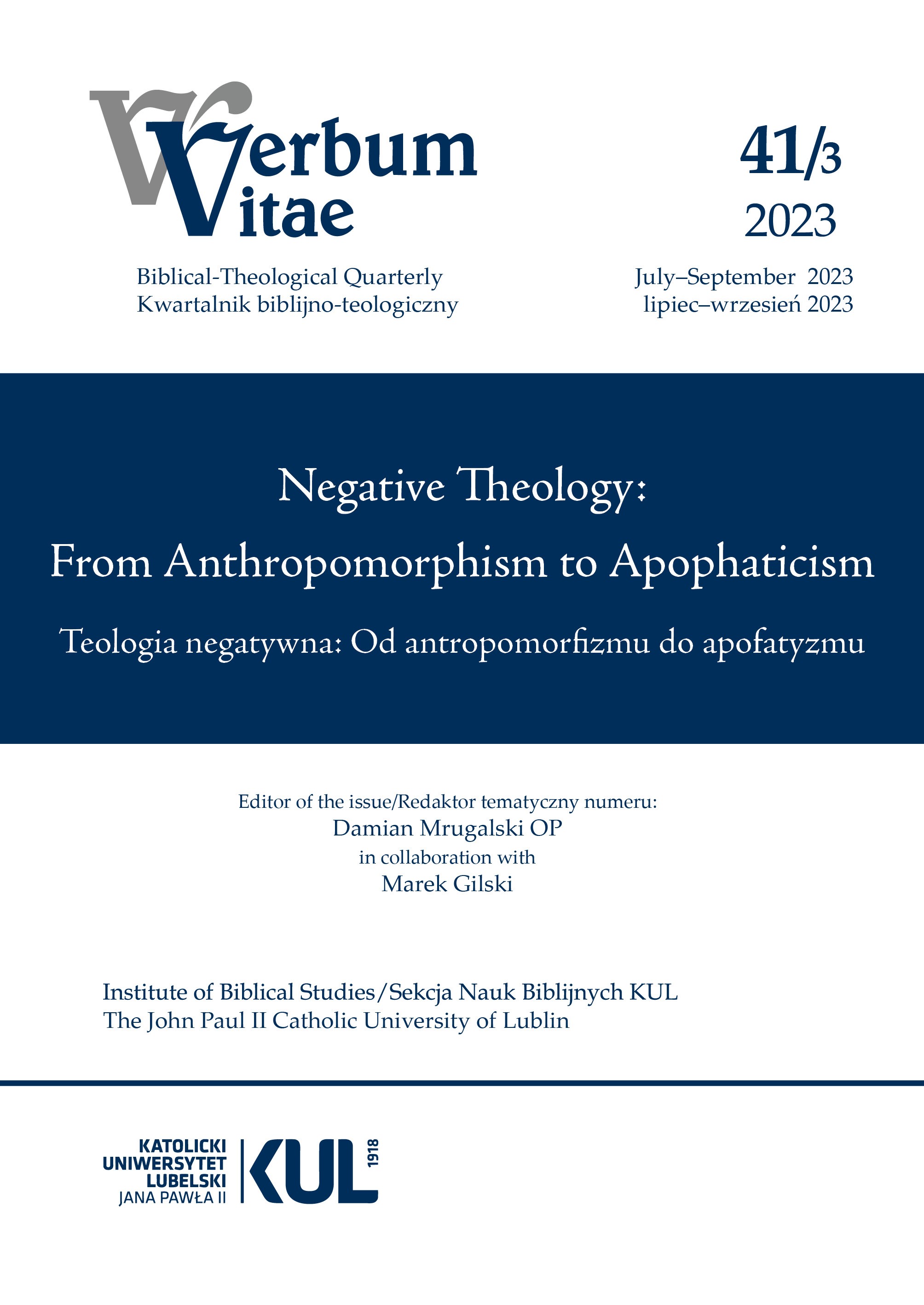The Neoplatonic Roots of Apophatic Theology in Medieval Islam on the Example of Maqāmāt aṭ-ṭuyūr/Manṭiq aṭ-ṭayr (The Conference of the Birds) by ʿAṭṭār Nīšāpūrī (ca. 1145–1221)
The Neoplatonic Roots of Apophatic Theology in Medieval Islam on the Example of Maqāmāt aṭ-ṭuyūr/Manṭiq aṭ-ṭayr (The Conference of the Birds) by ʿAṭṭār Nīšāpūrī (ca. 1145–1221)
Author(s): Krzysztof KościelniakSubject(s): Christian Theology and Religion, Theology and Religion, History of Religion
Published by: Katolicki Uniwersytet Lubelski Jana Pawła II - Wydział Teologii
Keywords: apophatic theology; Neoplatonism; ʿAṭṭār Nīšāpūrī; Sufism; Sufi thought; the One – God; tawḥīd – Sīmurġ; Maqāmāt aṭ-ṭuyūr; Manṭiq aṭ-ṭayr; The Conference of the Birds; Talab; ʿIšq; Maʿrifa; Fuqur; Fan
Summary/Abstract: This study will focus on the metaphysical and theological thought of Farīd ad-dīn ʿAṭṭār Nīšāpūrī, i.e. Abū Hamīd bin Abū Bakr Ibrāhīm (ca. 1145/6–1221). ʿAṭṭār’s best known masterpiece, Maqāmāt aṭ-ṭuyūr (Arabic Manṭiq aṭ-ṭayr), The Conference of the Birds, is seen as the finest example of Sufi love poetry in the Persian language after Rūmī. His thought is distinguished by its provocative and radical theology of love, as well as elements of apophaticism. ʿAṭṭār Nīšāpūrī’s vision of God should be analyzed in the context of Neoplatonism, which in a special way contributed to the development of apophatic Muslim thought. This approach challenged classical Islamic theism, whose representatives were convinced that they had sufficient knowledge of God from the Quran and Sunna. Aṭṭār’s doctrine focused on God who is a part of the universe. In other words, this author believed that whatever exists is part of God.
Journal: Verbum Vitae
- Issue Year: 41/2023
- Issue No: 3
- Page Range: 647-672
- Page Count: 26
- Language: English

